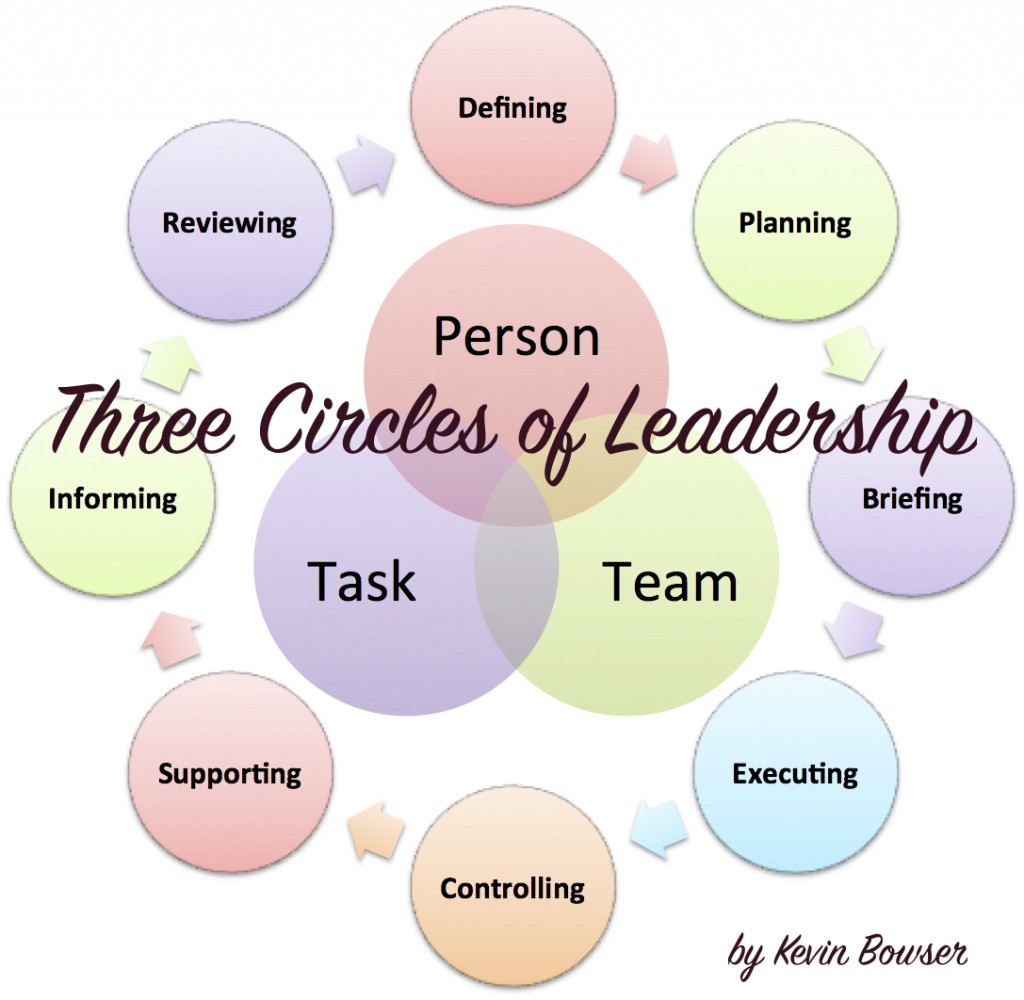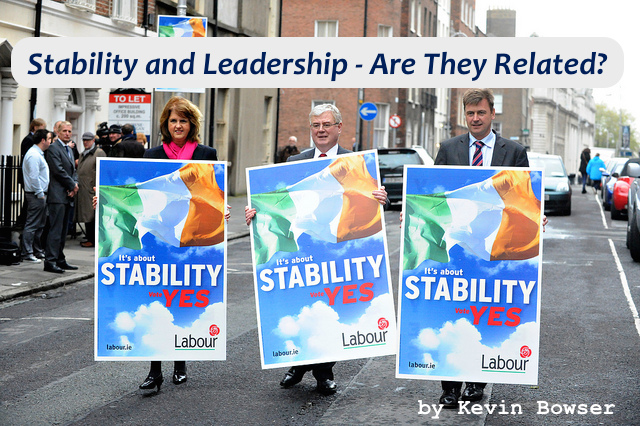I want to take a moment to examine the heart, character, inner thoughts and motives of one who desires to lead. This is a helpful practice that we each ought to engage in on a regular basis. Without self-examination, accountability and attention to moral development even the best of leaders will slowly drift and become overtaken by the allure of power, pleasure, greed and self-satisfying behaviors.
At the heart of every leadership attitude and behavior should be the inherent desire to help our fellow humans. Leadership is not some kind of encapsulated behavior that gets things done without human interaction or personal influence. Instead leadership is with and for people. Leadership is for the purpose of getting something done (for the purpose of the greater good of humanity) or for the purpose of shaping and influencing someone (for the purpose of the greater good of that person). And so we must examine our own hearts.
Why do I lead?
Much of the time we lead others because it is part of our job description. In some way, shape or form our position requires us to “lead” a group of people in order to get a job done for the organization for which we work. However, if we begin digging down,
Click here to read the rest of the article »












